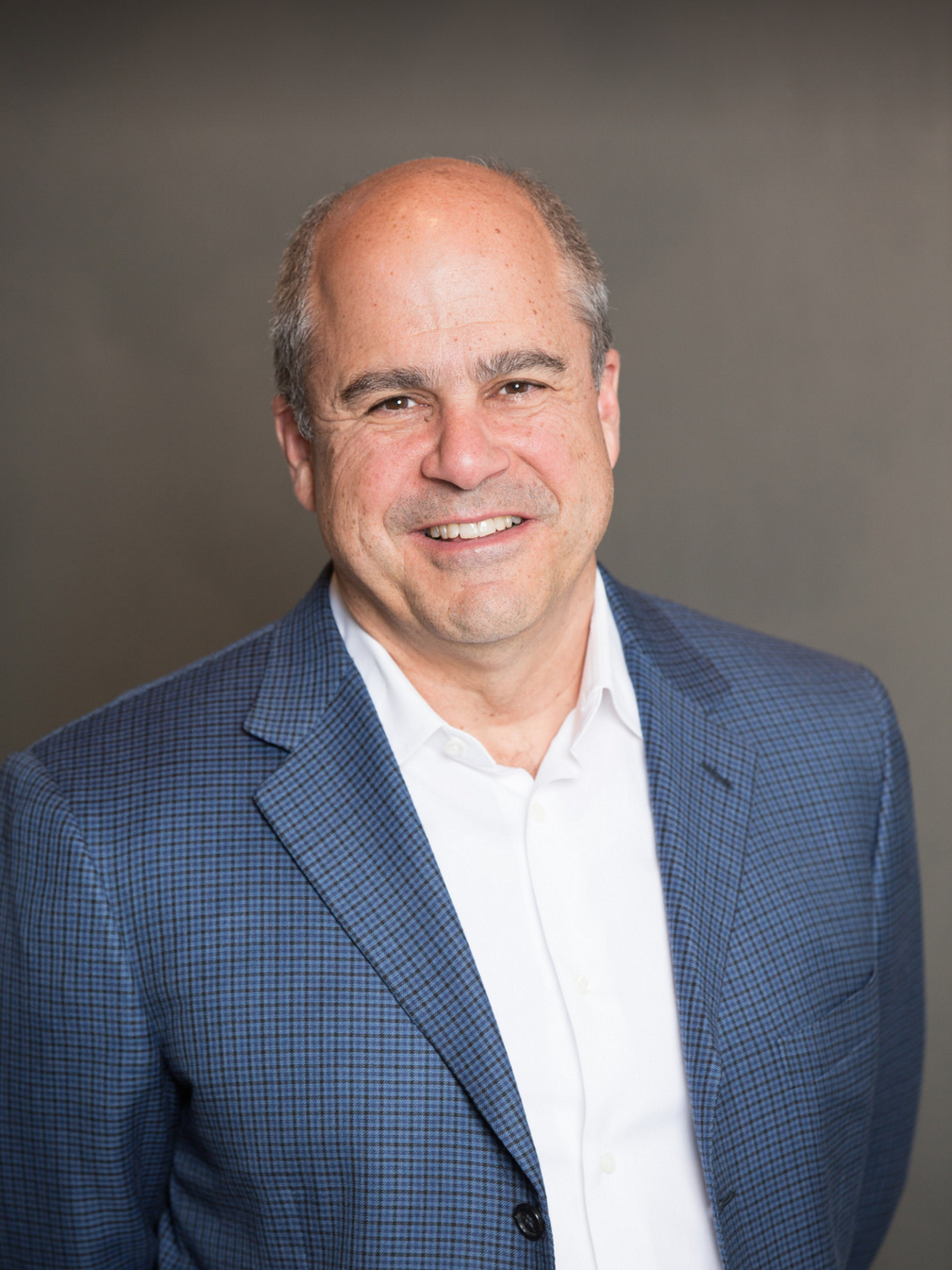Philanthropy is often discussed with one of two distinct focuses in mind. On the one hand, there’s strategic giving, typically embodied by philanthropists who get their start in business. In the corporate world, there’s an ever present mandate to think strategically and generate high returns while minimizing costs, so it becomes second-nature to carry those principles into philanthropic giving as well.
On the other hand, there is empathetic giving, where charitable groups focus on truly understanding the people they’re aiming to help and the problems they’re eager to solve. While running a company requires a certain business savvy, so the argument goes, touching and impacting lives is a whole other sort of operation and return on investment calculation.
Many charitable givers tend to lean one way or the other, but the best form of philanthropy is one that merges both empathy and strategy in order to understand the underserved and help them in a highly effective manner.
Strategic philanthropy, true to its name, is the practice of applying strategic frameworks to the goals of philanthropy: creating good for everyone or just certain underprivileged and overlooked populations that are found in all corners of the world. I’ve previously written on the need for good research and due diligence to precede any major philanthropic project, and attempting to understand the potential results of our charitable endeavors remains a paramount part of the task before us.
By creating clear goals and staying accountable to them, making use of all relevant data, and thoroughly evaluating all processes whether complete, planned, or ongoing, philanthropists have been able to make a great deal of progress in applying their funds thoughtfully and effectively. For instance, in 2010, Mark Zuckerberg announced that he would donate $100 million to the Newark, NJ public school system, with the aim to reform a declining school district where more than half of students drop out of high school. The endeavor featured a clear, strategically-minded plan that was entirely representative of what strategic giving hopes to achieve.
That being said, even the most meticulously planned course of action incorporating the best available data sets will not be able to account for the vagaries and complexities when touching human lives. Especially in regions far off and in desperate need, we cannot ignore the fact that while our intentions are certainly good, we are operating in largely unfamiliar territory when we begin.
Even familiar jobs like building facilities or distributing donated clothing or other items can be beset by unexpected issues that our strategic plans left unaccounted for. After five years of attempting to implement change in Newark, Zuckerberg’s seemingly strategic philanthropy plan bore virtually no fruit. The failure was attributed to lack of understanding of the situation on the ground floor, as the plan did not consider the thoughts and opinions of the teachers and citizens of Newark. Strategies can be hugely beneficial, but to attribute infallibility to them can easily become a plan for disaster.
Philanthropy at its best should involve true engagement with the needs of those being helped. The success of Bill and Melinda Gates, arguably the greatest philanthropists of our time, is attributed to their willingness to simply listen, to understand people’s struggles and burdens so that they can meaningfully contribute to improving their situations. Bill and Melinda are well-known for their penchant to venture through the cities and towns where they plan to engage in philanthropy, sitting down to connect with individuals and to hear directly from them how their struggles affect them. Their passion and empathy towards those they seek to empower is fundamental to their philanthropic efforts.
Yet empathy can’t sustain philanthropy on its own. Writing in the Financial Times, Sarah Murray uses the illustrative example of Ron and Marty Cordes, sellers of a valuable investment management firm who then found themselves flush with cash and eager to scale up their philanthropic output. Rather than feeling newfound freedom, the influx of capital gave them a greater sense of obligation: to their recipients, and to the charitable sphere as a whole. Simply having empathy without a solid strategic foundation can easily lead to misspending precious resources that would amount to a disservice to those normally neglected people who could benefit from it. To let it go to waste may well amount to an injustice.
While Bill and Melinda Gates are terrific listeners, it is their ability to think and execute strategically that makes them highly effective philanthropists. In their 2019 annual letter for their foundation, they speak directly to measuring data and impacts of their work, and discuss how new lessons and technologies may improve their efforts and strengthen their plans. They are truly a shining example of what it means to balance strategy and empathy in philanthropy.
Charitable giving requires an approach that takes numerous factors into account, including ones that both can and cannot fit into a spreadsheet. Those looking for a singular, simple course in philanthropic strategy will quickly find there isn’t one. We acknowledge that we have been given much, and in turn are responsible for lifting up those who haven’t been as fortunate.
Creating real lasting change is never as simple as writing a check, and must be addressed with the appropriate seriousness. It takes a constant quest for wisdom, understanding and empathy to truly live up to the ideals we set for ourselves. We must also use all the tools at our disposal, including well-thought plans of action, to ensure that we’re helping, and not hurting, those whose lives we hope to change for the better. Achieving such a balance is more than possible, and represents what is likely the only real way to truly maximize the potential success of philanthropy.


